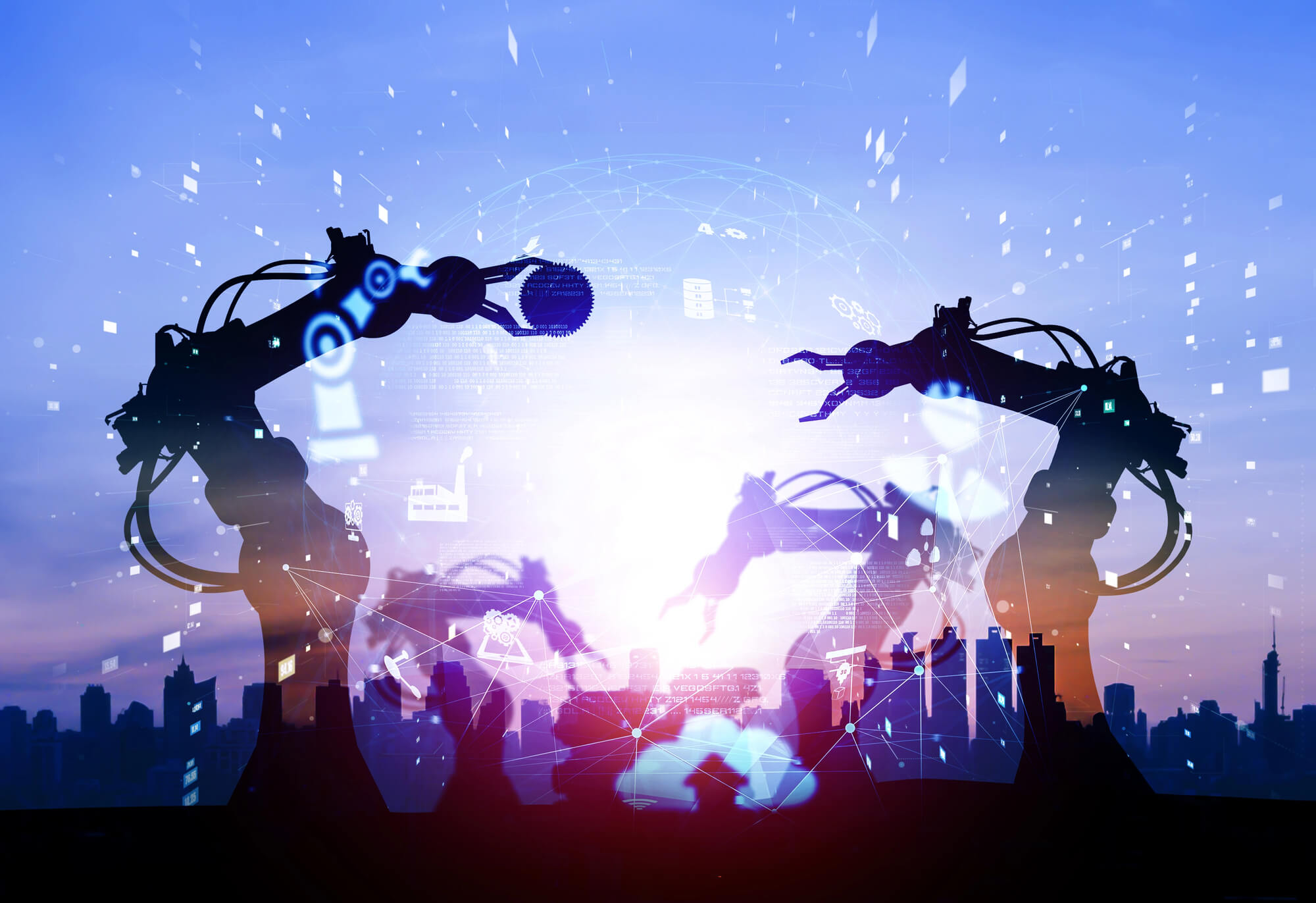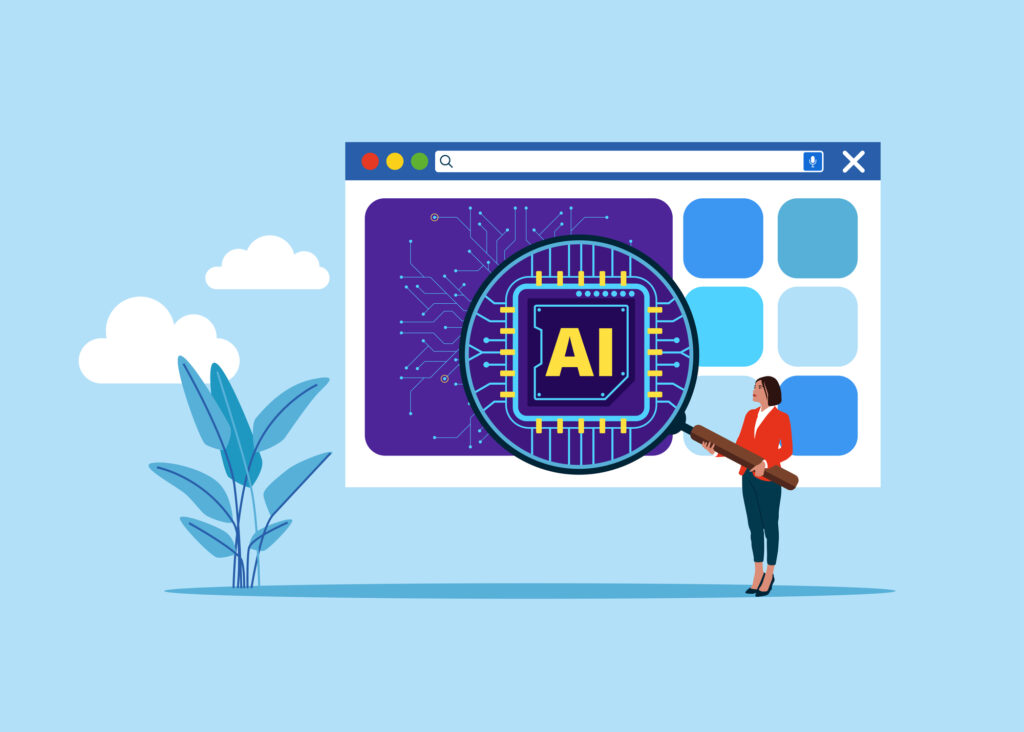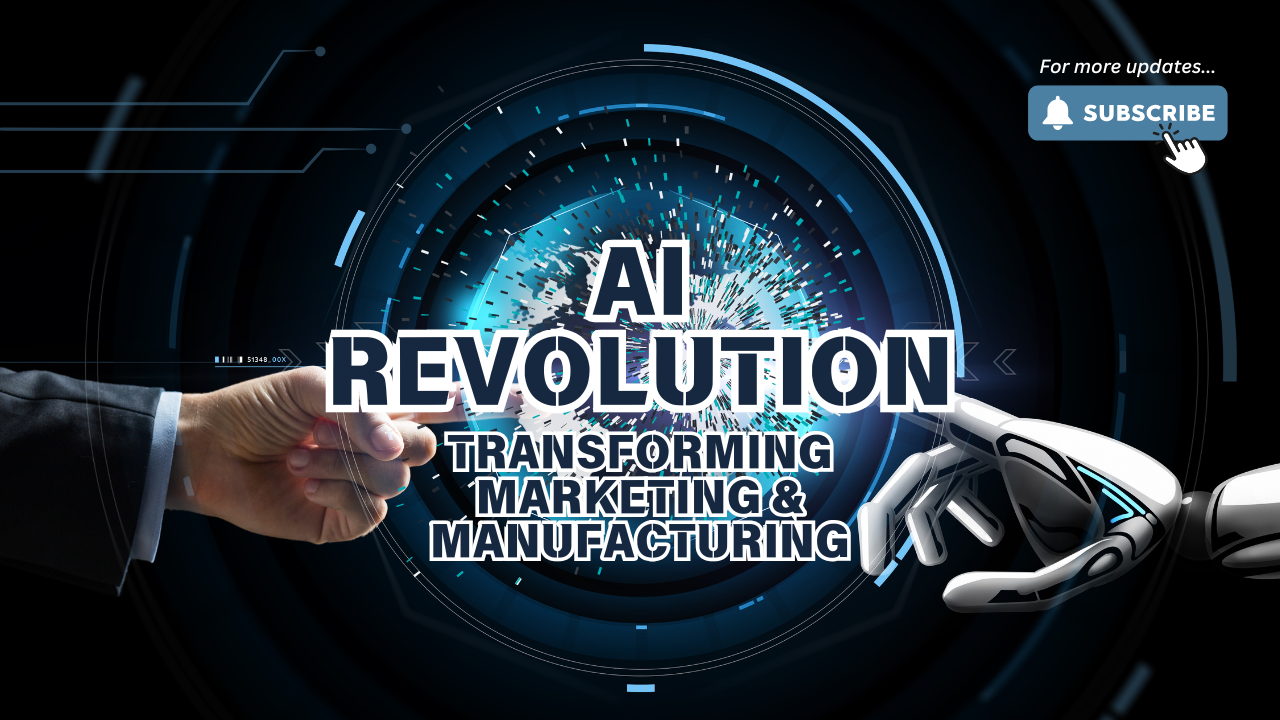
Continue reading "The Future of Manufacturing: AI and Industrial Automation"
In manufacturing, efficiency and precision are paramount. As industries face labor shortages, rising costs, and increasing demand for quality, Artificial Intelligence (AI) has emerged as a transformative solution. By integrating AI into industrial automation, manufacturers are not only improving productivity but also gaining a competitive edge.
1. Predictive Maintenance
Equipment downtime is one of the most expensive challenges in manufacturing. AI-driven predictive maintenance uses real-time data from sensors to identify potential issues before they lead to equipment failure. According to Deloitte, this approach can reduce maintenance costs by up to 25% and downtime by nearly 50%.
2. Quality Control
AI-powered vision systems are revolutionizing quality control. These systems can detect defects at a microscopic level, far surpassing human capabilities. By ensuring consistent quality, manufacturers can reduce waste and enhance customer satisfaction.
3. Supply Chain Optimization
AI algorithms analyze vast amounts of data to predict demand, optimize inventory, and streamline logistics. This level of precision ensures manufacturers can meet market demands without overproducing or understocking, which reduces costs and increases efficiency.
4. Autonomous Robotics
Incorporating robotics powered by AI into production lines improves speed and precision. Robots can handle repetitive tasks, adapt to changes in the production process, and work alongside human operators to enhance productivity.
Why AI Matters in Industrial Automation
From my perspective as an engineer and business strategist, the combination of AI and automation in manufacturing isn’t just a trend—it’s a necessity. Companies that adopt these technologies early will gain the ability to scale operations, maintain quality, and reduce costs, giving them a significant advantage in the market.
Is Your Manufacturing Process Ready for AI?
Implementing AI is an investment that pays off quickly for mid-sized to large manufacturers with a strong foundation in industrial operations. The potential benefits are immense, whether it’s streamlining your supply chain or enhancing production efficiency.
Sources:
- Deloitte: Predictive Maintenance and Smart Manufacturing
- PwC: The Fourth Industrial Revolution and Its Impact on Manufacturing
About the Author
The Best Digital Marketing Insight and Advice
The WSI Digital Marketing Blog is your go-to-place to get tips, tricks and best practices on all things digital
marketing related. Check out our latest posts.
We are committed to protecting your privacy. For more info, please review our Privacy and Cookie Policies. You may unsubscribe at any time.
Don't stop the learning now!
AI in Pharma: From Hype to High-Impact Results
Artificial intelligence is no longer an R-&-D side project for the pharmaceutical sector. Between 2025 and 2030, industry investment in AI is projected to jump six-fold—from US $4 billion to US $25 billion—because early adopters are already seeing cycle-time reductions, cost savings, and new revenue streams.pharmexec.com Below are four proven use cases that illustrate how …
Continue reading “AI in Pharma: From Hype to High-Impact Results”
READ MOREThe Unstoppable Rise of AI: How Adoption and Usage Are Redefining Innovation
Rise of AI: How Adoption and Usage Are Redefining Innovation? The rapid adoption of artificial intelligence (AI) technologies across the globe is reshaping the technological, economic, and social fabric of modern society. Unlike previous waves of innovation, such as the internet or mobile computing, the rise of AI is not unfolding gradually—it’s happening at a …
Continue reading “The Unstoppable Rise of AI: How Adoption and Usage Are Redefining Innovation”
READ MOREAI Revolution: Transforming Marketing and Manufacturing
Cross-border trade is full of complexities—customs paperwork, regulatory requirements, and long wait times. These challenges can slow businesses down and increase costs. But what if there was a way to simplify the process and reduce errors? That’s where AI tools are making a real impact. AI-powered systems can automate and optimize customs clearance by analyzing …
Continue reading “AI Revolution: Transforming Marketing and Manufacturing”
READ MORE




